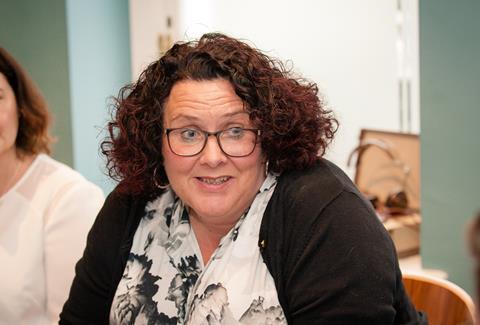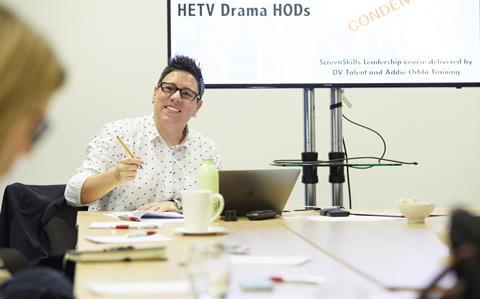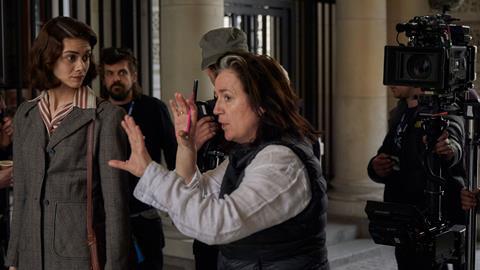 Sponsored content
Sponsored content
ScreenSkills is offering training in key areas such as crewing up, running a team and dealing with harassment to tackle the industry’s lack of experienced managers
Exploring how to be a better boss may not have been mission critical in the TV industry of the past. For most people, leadership was learned – like everything else – on the job.
Today, the industry is less sanguine. Almost half (44%) of all employers surveyed by ScreenSkills, the skills body for the UK’s screen-based creative industries, are concerned about a lack of leadership and management skills.
In response, the ScreenSkills High-end TV Skills Council is using the High-end TV Skills Fund to offer leadership and management training, both to individual productions and freelance heads of department (HoDs).
It covers crewing up, team management and managing performance, and dealing with bullying, harassment and personality styles.
The course also gets attendees to examine their unconscious bias and how it might affect their handling of people and situations.

Frith Tiplady, founder and executive producer of Moonage Pictures, chairs the working group that came up with the idea, partly inspired by her own experience of feedback from crews who wanted better management from HoDs.
“There were things that could be better dealt with on the ground in production, such as bullying and careers advice, that were ending up on my desk,” she says.
“Essentially, the idea of the training was to encourage heads of department to think of themselves as employers and more engaged with the broad range of challenges needed to run a team.”
Christine Healy, head of production at New Pictures and chair of the High-end TV Skills Council, says the need arose from the UK production boom, which has fuelled bigger projects with bigger teams but without management training to support it.
“People are in charge because they’re just really talented at what they do,” she says. “We’re promoting leadership and management training so people can at least identify what is expected of them.
“We empower people to ask questions and we give them a few tools that enable them to manage, so that they can see what the issues are before they become problems. We’re trying to give people a grounding in basic HR.”
That is not only right but necessary when the industry is finally recognising issues such as mental health and stress, says Healy.
“These things might not have affected the running of a production before, but they do now because people are on productions for longer. Managers need to keep an eye on the welfare of their teams.”
“What’s been gobsmacking across the board is, from the top down, how few people have had any formal training in managing a team”
Addie Orfila, freelance line producer and trainer
Amanda Wilkie Sweeney, head of production for drama at Sky, is encouraging its commissioners to take the training and has created a version of the course – tailored to emphasise respect in the workplace – that is mandatory for shows produced by Sky Studios.
“Ensuring a respectful working environment is something Sky feels very strongly about. We are committed to ensuring everyone who works on our shows shares our values,” she says.
Freelance line producer and trainer Addie Orfila has developed the half-day training course, which is administered by DV Talent.

“A lot of people come to the course sceptical, but feedback shows that people find it beneficial and it gives them a great toolkit in learning what to do and what not to do around, for example, bullying and harassment, and how to have honest conversations about appropriate behaviour,” she says.
Orfila says the training also highlights that there is no single approach to team management. “What’s been gobsmacking across the board is, from the top down, how few people have had any formal training in managing a team,” she adds.
The training, which launched last year, has been recommissioned because of the strength of concern over the leadership and management issue.
Kaye Elliott, ScreenSkills’ director of high-end TV, says: “The need was obvious and the results have been really positive. The High-end TV Skills Council is pleased to have been able to make such a worthwhile intervention.”
How To Be A Better Boss, a panel chaired by Pat Younge in partnership with ScreenSkills, will take place at the Edinburgh Television Festival on Thursday 22 August.

For information on signing your production up for training, go to screenskills.com/highendTV





























